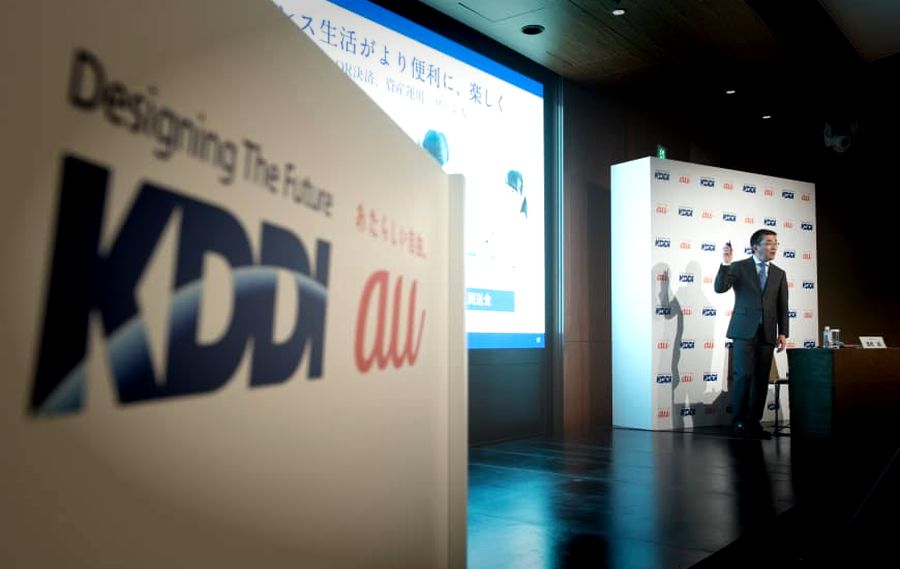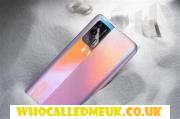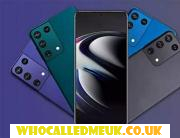

KDDI has signed contracts with Ericsson, Nokia and Samsung to provide equipment for its 5G network. The second largest mobile network operator in Japan plans to start implementing 5G services in March 2020. In preparation for the 2020 Summer Olympic Games in Tokyo. Ericsson will provide KDDI with radio access network (RAN) equipment and software to enable the operator to implement the new 5G radio in "several parts of Japan" on the bands below 5 GHz and 28 GHz. According to the Swedish supplier, the companies have been cooperating since 2013 and at the end of 2015 they began cooperation on 5G capabilities. Nokia, which has been cooperating with KDDI for over two decades, will provide KDDI with its AirScale RAN device supporting 4G and 5G. The Finnish seller claims that it already offers the operator many technologies for fixed networks, mobile core and other software. The agreement with KDDI means the 48th global 5G commercial contract for Nokia, including some networks that already operate in the United States, Latin America, Europe, Korea and Australia. Nokia also claims that all its 4G LTE customers, who have so far announced their 5G plans, continue working with the supplier when they switch to the 5G version. According to the manufacturer's spokesman, Samsung will provide KDDI with various RAN devices, including virtualized RANs, to support the 5G operator's network in the center band and millimeter waves. Japanese sprints up to 5G While Japan enjoyed an early advantage in implementing previous generation wireless network technologies, the country is lagging behind because operators in the United States, South Korea and other countries have already launched limited 5G services. In April, the Japanese regulatory agency assigned spectrum to three major domestic operators and Rakuten, which is evolving from an e-commerce juggernaut to a new wireless telecommunications operator. NTT DoCoMo, KDDI, SoftBank and Rakuten have committed to building nationwide 5G networks by 2022, but the first commercial services are expected to start next year. Japanese regulators successfully banned Chinese Huawei and ZTE sellers from using national 5G networks. SoftBank, which chose Ericsson and Nokia as their 5G providers in May, is in the process of replacing Huawei equipment used in the 4G LTE network. Four operators intend to invest a total of $ 14.4 billion in their networks over the next five years, according to a report from the Japanese news site Nikkei. NTT DoCoMo will be a leader thanks to investments of USD 7.1 billion, then KDDI commitment of USD 4.16 billion in investments, SoftBank investments of USD 1.84 billion and planned expenses of Rakuten at USD 1.73 billion.
Search for an article using the article search engine. You can enter keywords separarated by comma

Title: Realme GT 2 with Snapdragon 888 SoCdescription: Realme


Title: OnePlus Nord 2 is quite cheap equipmentdescription: OnePlus Nord 2 is currently available in three color versions, namely -. Gray Sierra, Blue Haze, and Green Wo
